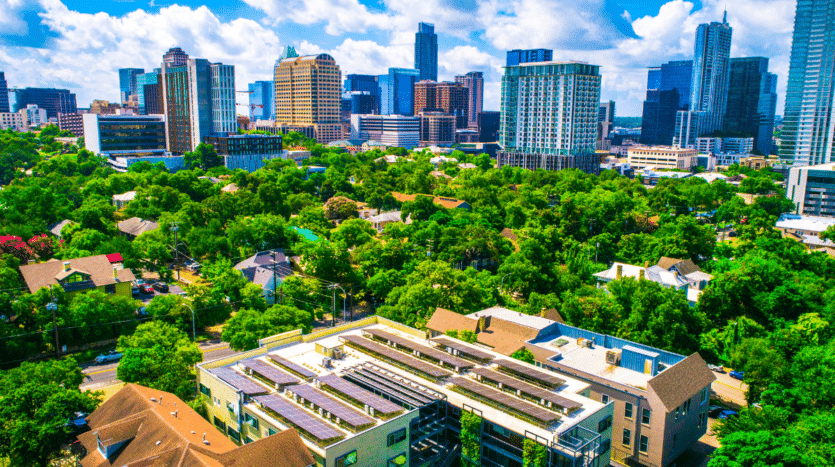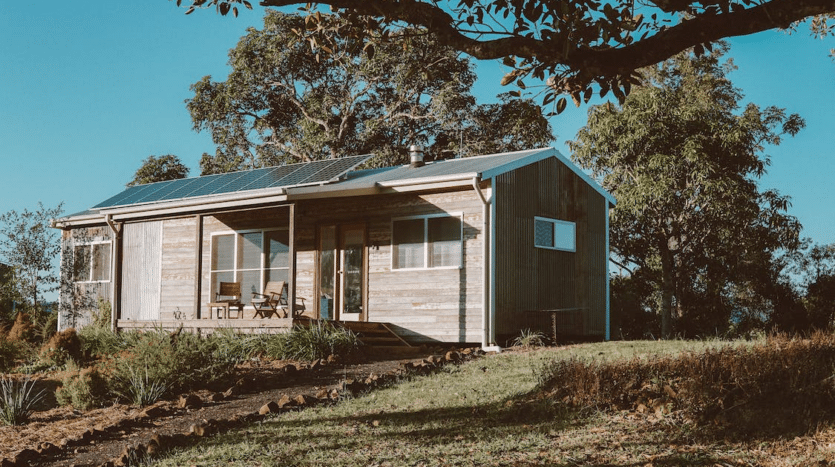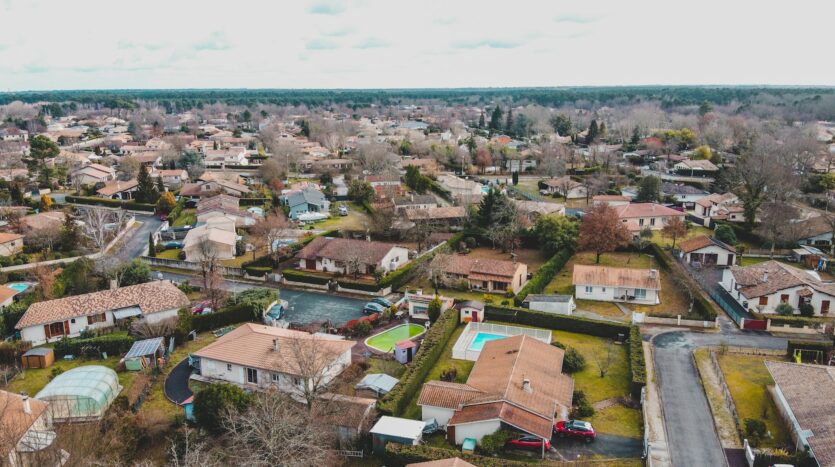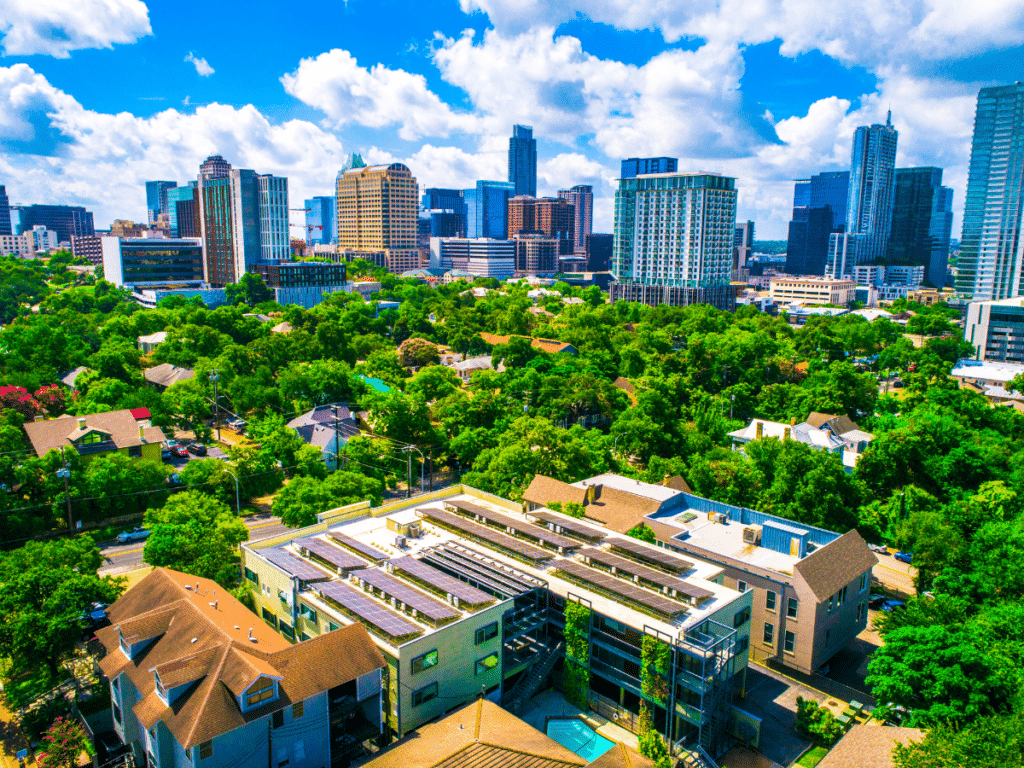Sustainable Housing Solutions for a Healthier Nigeria
Property Details
In the heart of Africa, Nigeria stands as a vibrant tapestry of culture, diversity, and immense potential. As its population continues to soar, so does the demand for housing. Yet, the path to a sustainable and healthier Nigeria lies in the growth of its cities and the way we build and inhabit them. Therefore, the importance of sustainable housing solutions cannot be overstated in the quest for a brighter and healthier future for Nigeria.
The value of sustainable living becomes increasingly recognized as the world grapples with the consequences of climate change. Consequently, sustainable housing has gained popularity in Nigeria, a nation grappling with rapid urbanization and increasing energy consumption. Nigerians are reducing their carbon footprint and creating healthier and more affordable living environments by embracing environmentally conscious practices and modern technology.
Benefits of Sustainable Housing
In a time when we care more about our environment, sustainable housing is becoming popular. It’s not just about having a place to live; it’s about living in a good way for the planet. From helping the Earth to making us feel better, let’s explore why sustainable housing is a smart choice for everyone.
Energy Efficiency
Energy efficiency is one of the fundamentals of sustainable housing. Reducing energy consumption is important in Nigeria because the country’s electricity supply can be expensive and unstable. Homeowners have adopted various measures to improve energy efficiency, including installing solar panels, utilizing energy-efficient appliances, and the application of passive design principles. Solar energy has grown since it enables homeowners to produce clean, renewable energy, lowering their need on the national grid.
Water Conservation
In numerous regions of Nigeria, water shortage is a serious problem, highlighting the need for sustainable water management practices. Water-saving methods in sustainable homes include rainwater collection, recycling, and low-flow fixtures. These schemes lessen the load on water supply facilities and help homeowners pay their water bills more affordable. Creating community awareness campaigns and teaching locals about wise water use is essential in supporting sustainable water practices.
Waste Control
The management of waste properly constitutes a necessity for sustainable living. Nigerian families are adopting recycling and waste reduction methods at an increasing rate. Composting organic trash, separating waste at the source, and upcycling materials are standard procedures. Communities are also setting up recycling programs and working with waste management corporations to ensure effective disposal. These efforts help clean the environment and open up prospects for sustainable lives and recycling companies.
Green Materials for Construction
The sustainability of homes is further affected by the choice of building materials. Nigerian traditional building methods frequently rely on steel and concrete, which degrade the environment because they require a lot of resources. Green building materials are becoming more popular, though. Eco-friendly homes are being built with locally obtained, sustainable resources like bamboo, earth blocks, and recycled materials. These materials offer better thermal insulation, have lesser embodied energy, and emit lower carbon emissions.
Community Involvement
Sustainable home construction involves more than individual efforts; it also requires cooperation and community participation. A sense of shared responsibility is being promoted among inhabitants via initiatives like community garbage management, solar power systems, and community gardens. Communities around Nigeria benefit greatly from advocating sustainable practices and providing information and resources by community-led groups and NGOs.
Sustainable Landscaping
Sustainable homes in Nigeria value the surrounding environment through sustainable landscaping techniques and structure. This involves creating outdoor spaces that conserve water, sustain ecosystems, and demand fewer repairs. Homeowners are adding locally adapted native plants that need less water and maintenance because they are used to the local climate. In addition, porous concrete and rain gardens are being employed to replenish groundwater supplies and control rainfall. Sustainable landscaping adds to the ecological balance and enhances the appearance of houses while providing a habitat for wildlife.
Sustainable Living with Sustainable Houses
Sustainable housing in Nigeria demonstrates the country’s commitment to an environmentally friendly future. Nigerians are changing lifestyles and embracing sustainable practices, including energy efficiency, water conservation, waste management, green building materials, and community engagement. These programs help minimize the environmental impact but also help save money, enhance health, and improve inhabitants’ overall well-being. Sustainable homes in Nigeria may set the way for a more resilient and environmentally friendly nation with continuous encouragement and awareness.
One valuable resource for those seeking sustainable housing options in Nigeria is Property List Hub. This platform provides a comprehensive listing of properties, including sustainable homes. By offering a range of eco-conscious housing options, Property List Hub supports individuals and families in making choices that align with their environmental values. This commitment to sustainability reflects the country’s forward-thinking approach and determination to create a better future for its people and the environment.





